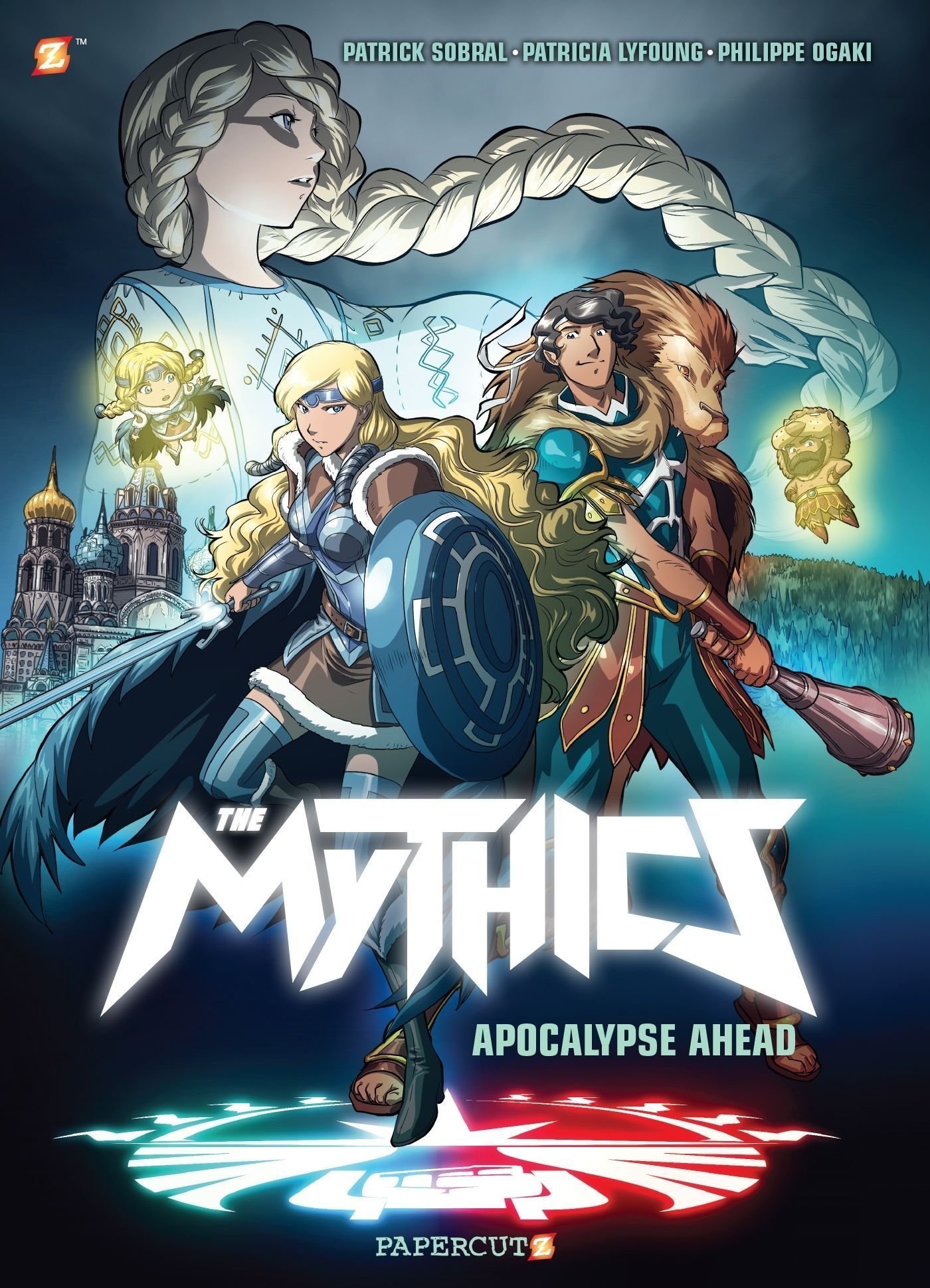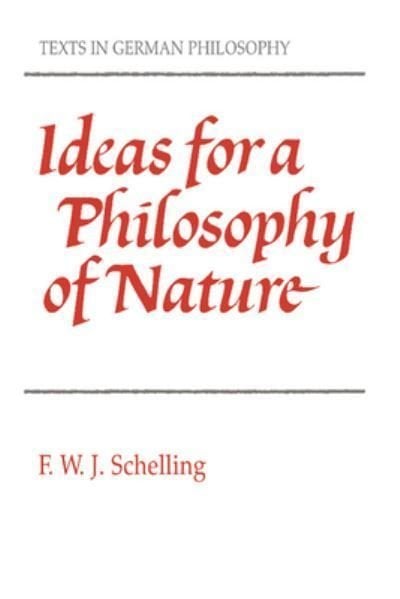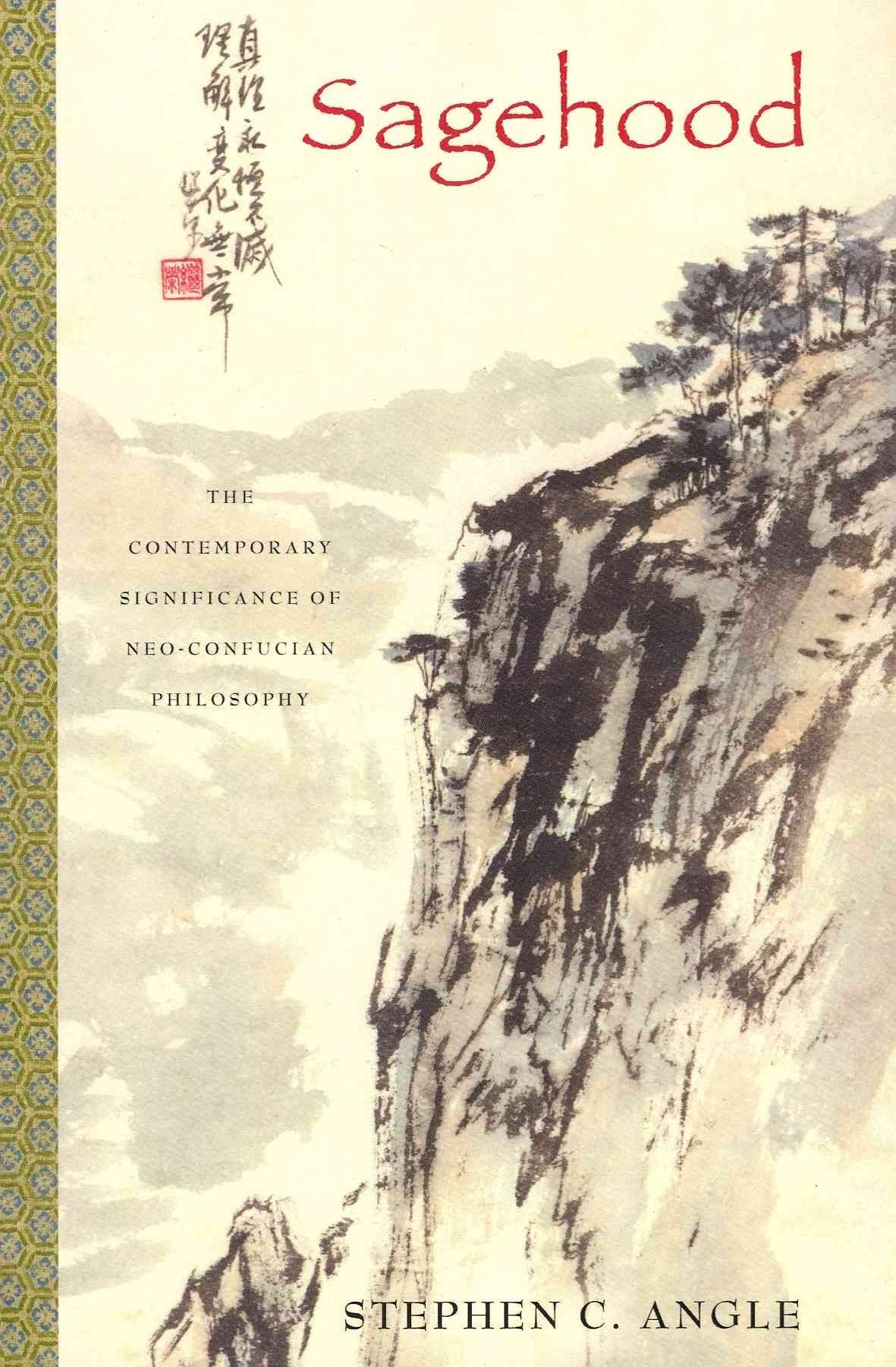Much has been written about Heidegger’s reappropriation of Aristotle, but little has been said about the philosophical import and theoretical context of this element of Heidegger’s work. In this important new book, Michael Bowler sheds new light on the philosophical context of Heidegger’s return to Aristotle in his early works and thereby advances a reinterpretation of the background to Heidegger’s forceful critique of the primacy of theoretical reason and his radical reconception of the very nature of philosophical thinking.This book offers a detailed analysis of the development of Heidegger’s thought from his early enagagement with neo-Kantianism and Husserlian phenomenology. Through this reading, a criticism of the theoretical conception of philosophy as primordial science, especially in relation to life and lived-experience (Erlebnis), emerges. It is in this context that Bowler examines Heidegger’s reappropriation of key aspects of Aristotle’s thought. In Aristotle’s notions of movement, life and activity proper (praxis), Heidegger perceives a new approach to the dilemma presently facing philosophy, namely how philosophy is situated within life and human existence.












